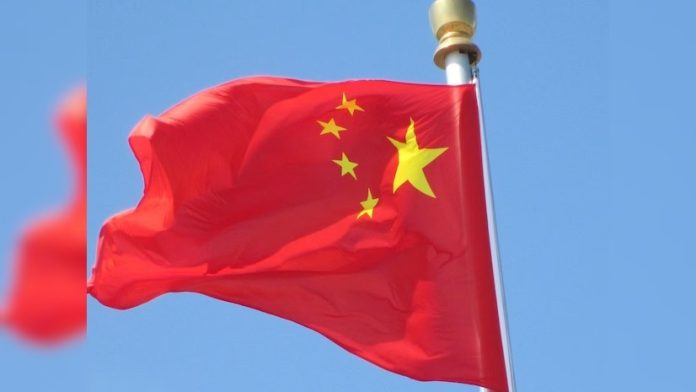Over the past few months, China’s crackdown on rare earth minerals and its broader regulatory tightening have sent ripples through global markets. China has long dominated the rare earths market, producing around 90% of the world’s refined rare earth output. This dominance allows Beijing to exert significant influence over global supply chains for critical minerals like neodymium, praseodymium, and dysprosium, elements vital to the magnets used in everything from electric cars to wind turbines.
One of China’s main centers for the production of rare earths, Jiangxi, is among the provinces that spearheaded a four-month campaign against illegal mining activities. While crackdowns on illicit mining benefit the market in the long run, they also drive up rare earth prices in the short term.
The Supply-Demand Crunch
Many expect the demand for rare earths to keep rising with the push for green energy. In fact, some analysts predict a supply-demand mismatch due to this continued global growth. China’s recent actions to crack down on illegal mining and tighten regulations have placed some fresh strain on the global REE market.
Some analysts predict that the rare earth market will shift from a surplus to a global deficit by the end of 2024. A smaller number also anticipate a potential global shortage of 800 metric tons of NdPr, a critical component of permanent magnets, by year’s end. Meanwhile, China’s decision to reduce production quotas for rare earth elements will likely widen this gap and push prices higher.
U.S. Defense Sector at Risk
China’s restrictions on exporting rare earth processing technologies have also caused supply chain issues for defense contractors, making it harder to secure a reliable source of materials. Businesses like Raytheon and Lockheed Martin need rare earth elements for fighter jets, radars, and missile systems. Aware of this vulnerability, the U.S. Department of Defense has warned about the national security risks tied to a heavy reliance on Chinese rare earths.
What U.S. Businesses Can Do to Mitigate Risks
While the reliance on Chinese rare earths presents challenges, U.S. companies have options to reduce their exposure and prevent financial losses.
For starters, U.S. companies must expand the diversity of their supplier networks. Nations like Australia, Brazil, and Canada also hold significant rare earth reserves and continue to ramp up production. In recent years, companies like Australia’s Lynas Rare Earths have become key alternative suppliers, particularly for neodymium and praseodymium.
Meanwhile, the U.S. government continues to actively encourage domestic production of rare earths to reduce dependency on Chinese suppliers. MP Materials, which operates the Mountain Pass rare earth mine in California, plays a key role in this effort. The U.S. Department of Defense has also invested in building local rare earth processing plants to ensure the country can source these resources domestically.
Another strategy involves recycling rare earth elements from products that have reached the end of their life cycle. Although rare earth recycling technology is still in its early stages, it holds significant potential as a long-term solution to supply chain challenges. Companies in industries like tech and automotive, which handle large volumes of rare earth-containing products, can benefit from investing in recycling infrastructure to recover these valuable materials from outdated electronics and vehicles.









































